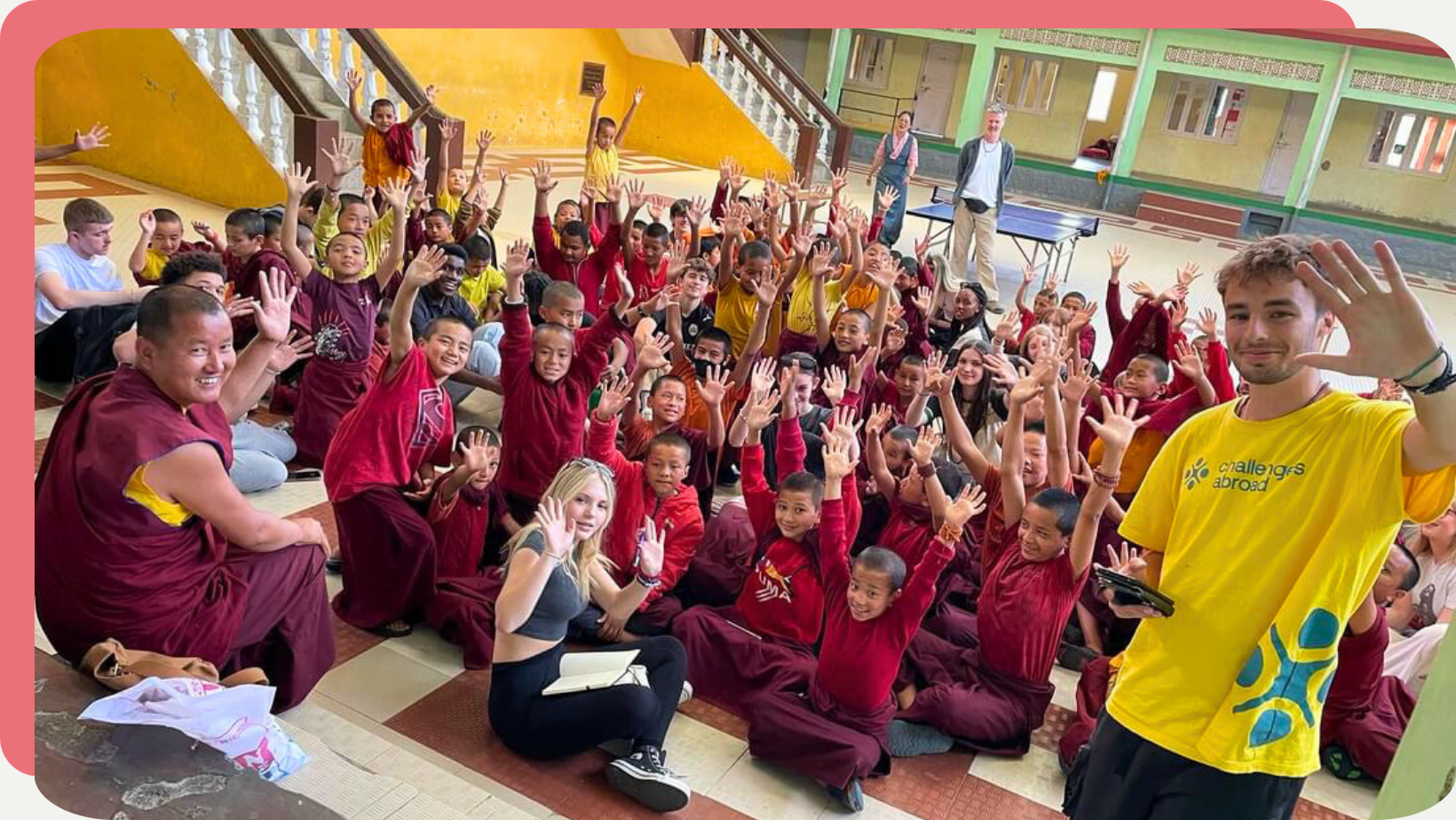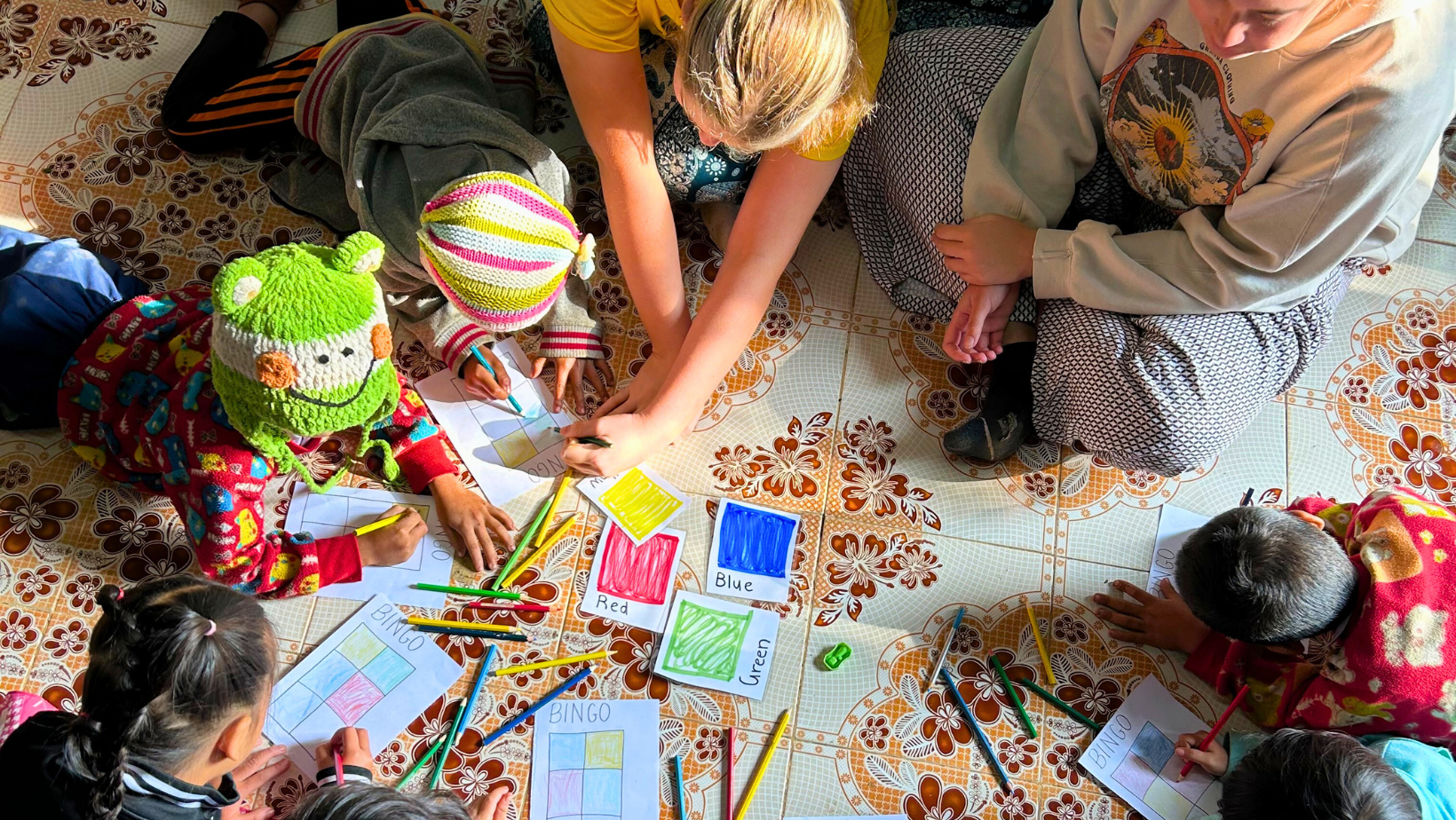World Literacy Day, celebrated every year on September 8th, is a reminder of the importance of literacy as a fundamental human right and a cornerstone for individual empowerment and social development.
This day, established by UNESCO in 1966, aims to promote awareness about global literacy challenges and highlight the efforts needed to eradicate illiteracy. While significant progress has been made in many parts of the world, there are still alarming disparities in education access and literacy rates, especially among marginalized communities.
The Global Literacy Landscape
In 2023, it was estimated that approximately 773 million adults worldwide were classified as illiterate, meaning they lack basic reading and writing skills.
This staggering figure highlights that literacy remains a significant challenge, particularly in developing countries. Although the global literacy rate has risen in recent decades, it is evident that certain regions and demographics continue to struggle.
Sub-Saharan Africa and South Asia are regions where illiteracy is most prevalent. In Sub-Saharan Africa, for instance, less than 70% of the adult population can read and write. In South Asia, despite improvements, nearly one-third of the adult population remains illiterate. Illiteracy is especially prevalent in rural areas, where access to quality education can be extremely limited or sometimes even nonexistent.
Children Out of School: The Future at Risk
One of the most critical issues tied to global illiteracy is the number of children who are not in school.
According to UNICEF, about 244 million children of school age (6-18 years) were not attending school as of 2022, most of these in low-income countries.
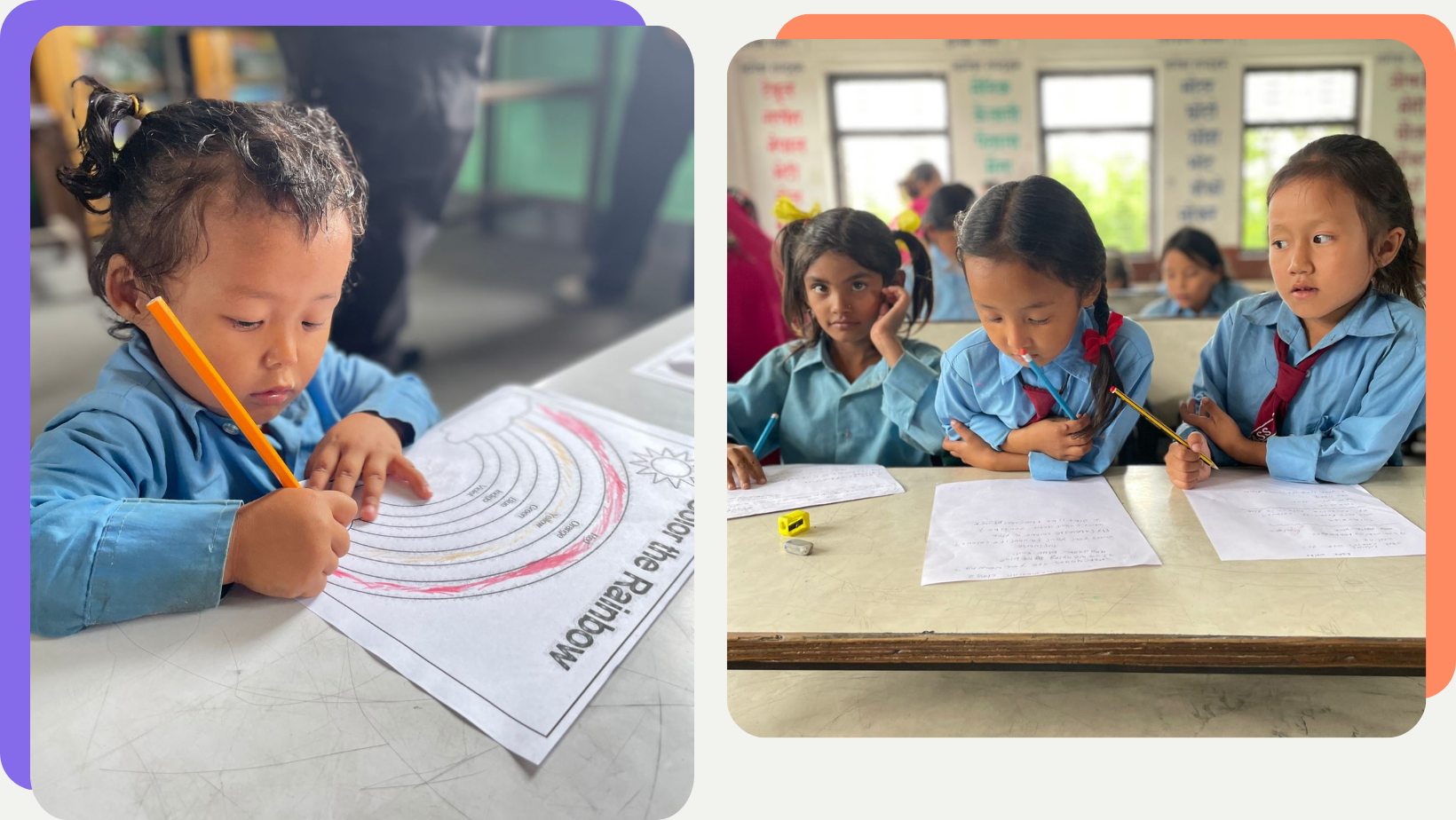
The number of reasons why so many children are out of school is often multifaceted. The most common factors are:
- Poverty: In many parts of the world, families cannot afford school fees, uniforms, or supplies. Children from poor/low-income households are more likely to be pulled out of school to contribute to the family income or help with domestic tasks, such as looking after younger siblings.
- Conflict and Displacement: Conflict forces millions of children out of school every year. War-torn countries have seen entire generations miss out on education – Cambodia being a prime example as it struggles to overcome the devastating impacts the Khmer Rouge (1975-1979) has had on its education system.
- Gender Disparities: In some cultures, girls are less likely to attend school than boys. Factors like early marriage, cultural expectations, and safety concerns prevent millions of girls from accessing education. In regions like Sub-Saharan Africa and South Asia, the gender gap in education remains a significant challenge.
- Lack of Educational Infrastructure: In remote or rural areas, there may be no nearby schools, or the schools that do exist may lack qualified teachers, adequate facilities, or learning materials. Many children are forced to drop out of school because of the long distances they must travel to reach a classroom.
Women and Literacy: A Gender Divide
Globally, there is a marked gender divide when it comes to literacy.
An estimated two-thirds of the world's illiterate adults are women. This equates to around 500 million women who are unable to read or write. The reasons for this disparity are deeply rooted in cultural, social, and economic factors.
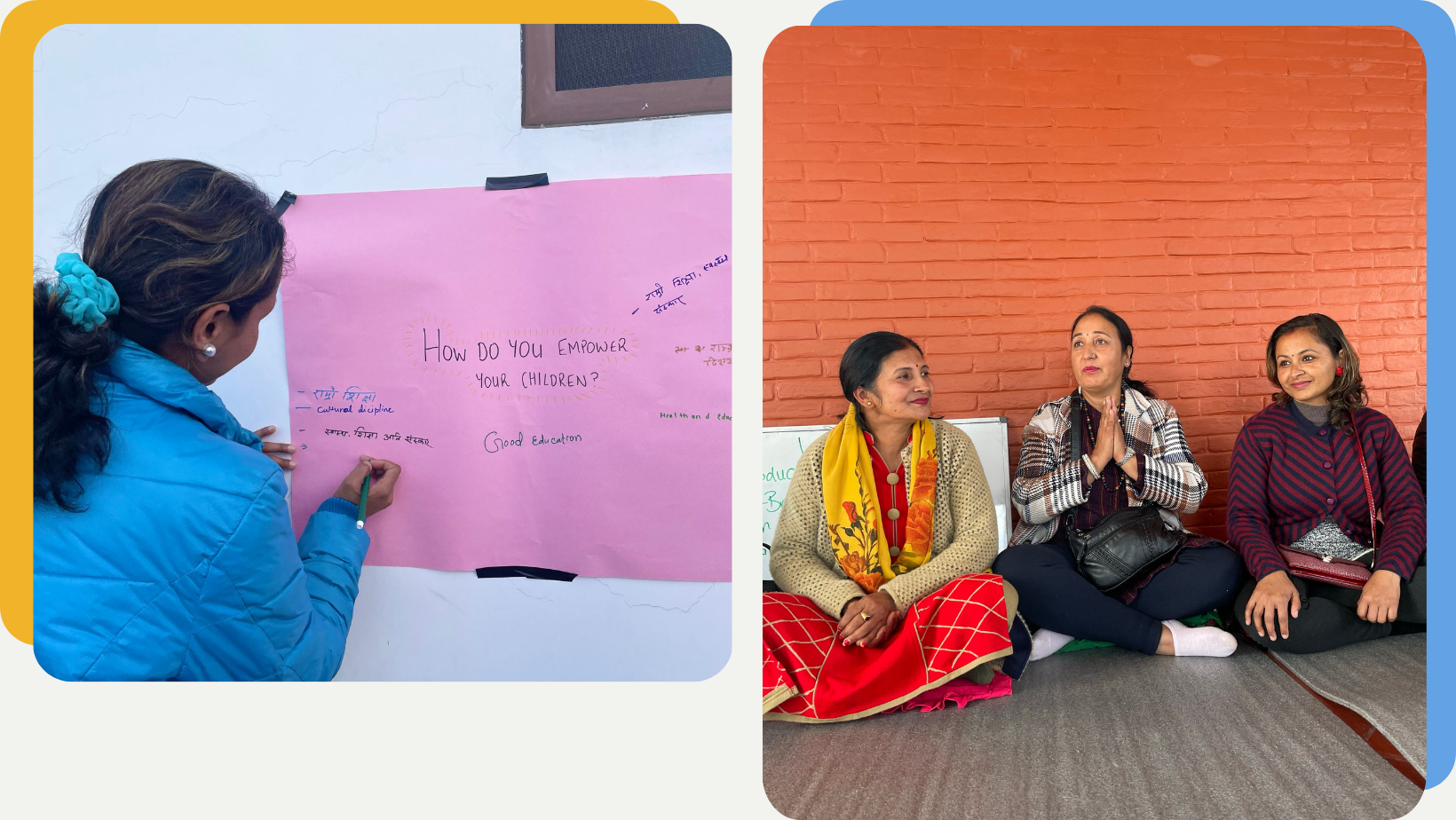
In many societies, particularly in developing countries, women's education is often undervalued. Families with limited resources may prioritize the education of sons over daughters. Moreover, girls face additional barriers like early marriage and expecting a domestic role rather than academic pursuit.
The lack of literacy among women has far-reaching consequences. Women who cannot read or write are more likely to experience poverty, poor health outcomes, and limited economic opportunities. Educated women, on the other hand, are more likely to invest in their children's education, leading to a cycle of empowerment and improved prospects for future generations.
Making a Difference: How You Can Help
Although the statistics around global illiteracy and education disparities are severe, there are numerous ways individuals (like you!) can make a positive impact.
One powerful way to contribute is through overseas programs aimed at improving literacy and education in underprivileged areas:
- Cambodia Education Challenge: Our program provides you with a space to share your knowledge and skills, helping to inspire learners in their education. As a participant on this program, you will help to improve the community’s literacy skills by facilitating educational workshops. Not only this, but you will also help to build their confidence in speaking English, as well as supporting learners in other subjects such as STEM and health education.
- Providing Educational Resources: As part of our overseas programs, you will also focus on creating and distributing educational materials at our local partner schools. Your innovation and creativity are invaluable skills, as you work to make learning more hands-on and engaging for the community. You could also be involved in designing murals at our local partner schools to create a more conducive learning environment, another vital educational resource.
- Funding Educational Programs: Not everyone has the time or resources to travel overseas, but other contributions can be just as impactful. Through our international development charity, the FutureSense Foundation, you are able to donate both funds and resources towards literacy programs and educational initiatives. Even small donations can help buy books, contribute towards providing a nutritious meal per day for learners at our partner schools, or provide scholarships for children who would otherwise be unable to attend school.
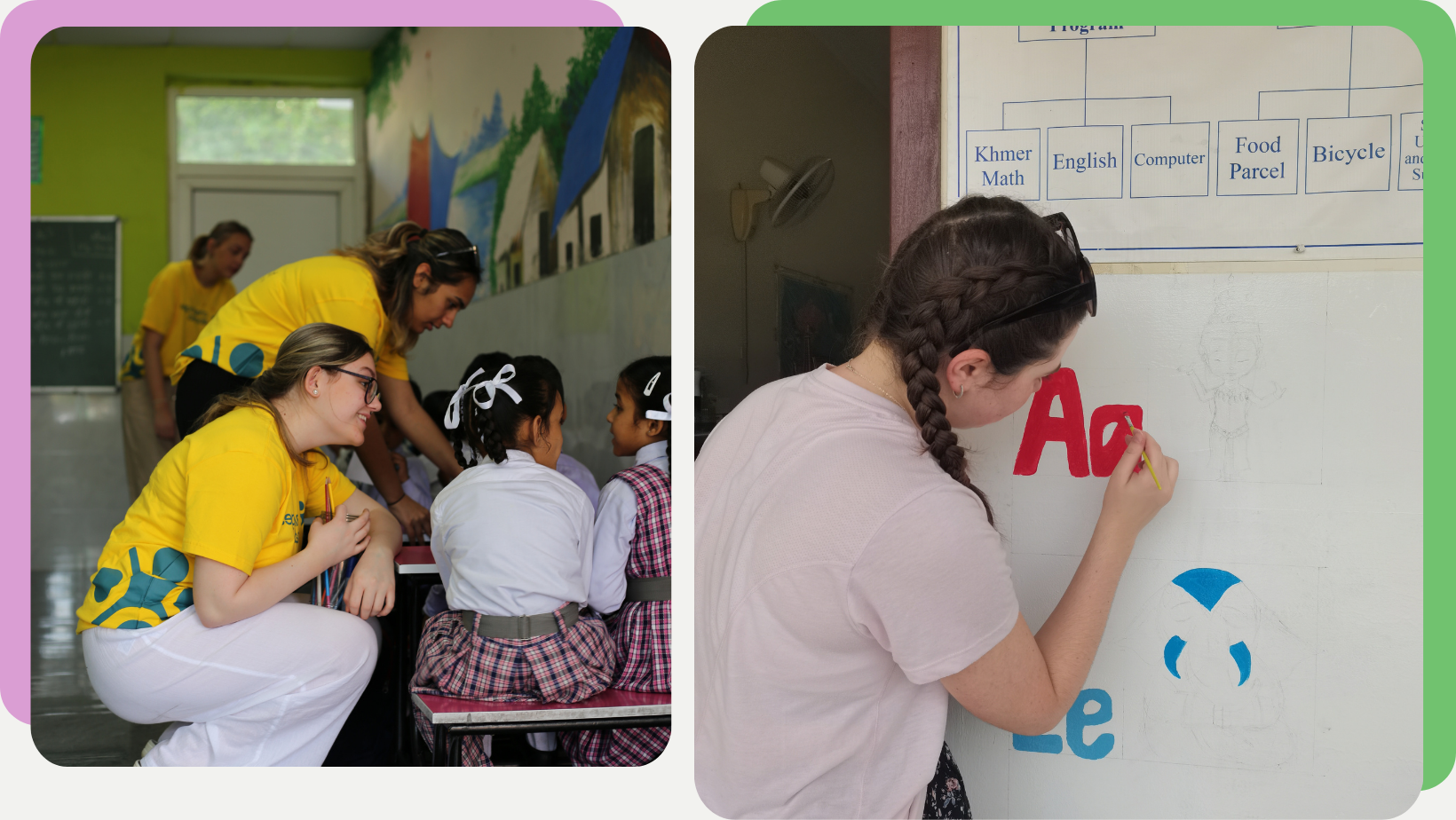
The Path Forward: Education for All
World Literacy Day serves as a reminder that education is a powerful tool for breaking the cycle of poverty, improving health outcomes, and fostering sustainable development.
However, achieving universal literacy is a complex challenge requiring a concerted effort from governments, organisations, and individuals.
To make meaningful progress, we must address the root causes of illiteracy, including poverty, gender inequality, and inadequate educational infrastructure. We must also work to ensure that education systems are inclusive, accessible, and of high quality. With increased global awareness and collective action, we can ensure that every child, regardless of their background, can learn to read and write.
As we celebrate World Literacy Day, let us remember that the fight against illiteracy is far from over. But with the right commitment and resources, we can build a world where everyone has the power to learn, grow, and thrive.
